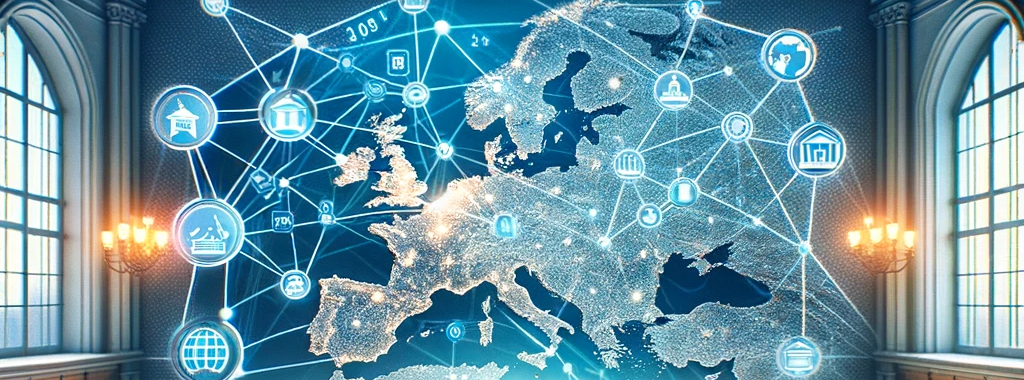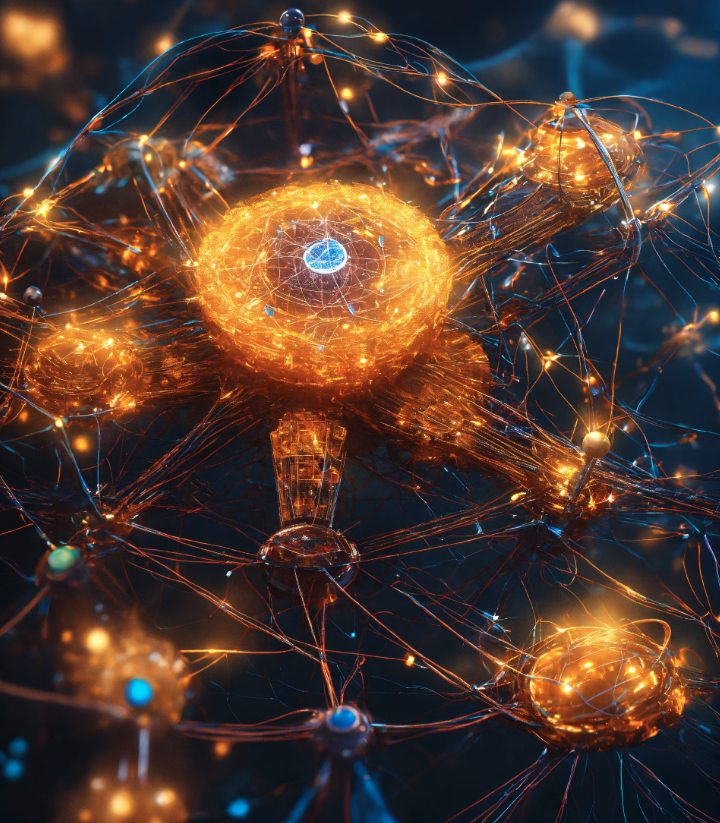Everyone deserves the opportunity to experience personal growth and development.
In an ideal world, everyone should have the opportunity to grow and develop, to be appreciated for their unique strengths and talents, to revel in their successes, and to have their accomplishments recognized.
This vision drove the REVEAL project, in which Cognizone played an active role, culminating in August 2023. The project set out to revolutionize the landscape of recognition, bridging the gap between informal and formal recognition networks and promoting empowerment on both an individual and societal scale.
What’s “REVEAL”
REVEAL, which stands for “Recognition of Experience Validation of Experience, Achievements, and Learning,” is a practice-research and development initiative born from a long-standing collaboration among experts in adult education.
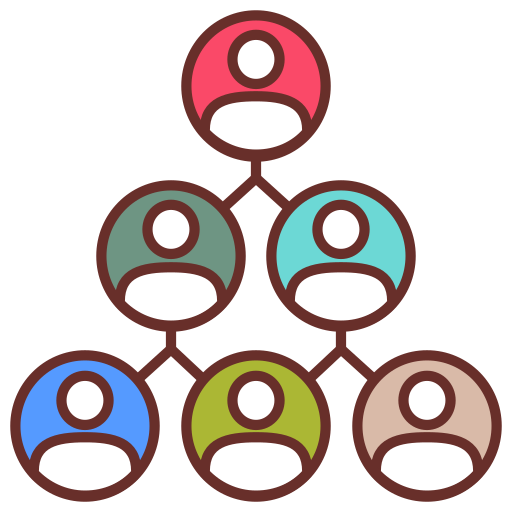
Co-founded by the Erasmus+ agency, the REVEAL project united a diverse array of partners, all driven by a shared vision deeply rooted in the ambition of providing individuals with the tools and frameworks necessary for the recognition of skills and knowledge acquired beyond the boundaries of formal education.
The project is set out with two primary missions:
1— Fostering Active Learning Recognition Networks (LRNs): REVEAL aimed to support existing informal and formal networks in becoming active Learning Recognition Networks. In essence, it sought to make learning visible in a way that recognized its value and impact.
2— Exploring Loosely Coupled Recognition: The project delved into the potential of loosely coupling informal and formal recognition (validation/certification) processes. This approach aimed to break down current barriers to recognition, especially for individuals with low qualifications or literacy levels.
Erasmus+ is a European Union (EU) program that focuses on education, training, youth, and sports. It is one of the EU’s flagship initiatives, designed to support a wide range of activities related to learning, personal development, and international cooperation. Erasmus+ provides opportunities for individuals and organizations to engage in various educational and training activities, fostering mobility, collaboration, and the exchange of knowledge and best practices.
Learning Recognition Networks (LRNs) refer to structured and interconnected systems or communities that are designed to recognize and validate learning experiences, skills, competencies, and achievements. These networks play a crucial role in acknowledging and giving value to the knowledge and capabilities individuals acquire through various means, including formal education, informal learning, on-the-job training, volunteer work, and personal experiences.
At its core, REVEAL strives to foster an inclusive and intelligent society. It operates under the fundamental premise that every individual possesses the capacity to recognize their own potential and, by doing so, uplift themselves and others.
REVEAL’s mission was not merely to address the struggle for recognition but to shift the focus to recognition itself. Recognition would serve as a catalyst for new narratives and opportunities, promoting a culture of empowerment. Among the notable outcomes of this endeavour is the development of a user-friendly online tool “iREVEAL” developed by Cognizone.
Informal recognition is a flexible and spontaneous form of recognition. It is a process where skills, competencies, or achievements are acknowledged and valued without following a structured or standardized assessment or certification process. It is often based on subjective judgments, personal observations, and individual experiences. Informal recognition can occur in various settings, such as the workplace, community, or everyday life.
Formal recognition, on the other hand, involves a structured and standardized process of assessing, validating, and certifying an individual’s skills, competencies, or achievements. It typically follows established criteria, standards, and procedures set by authoritative bodies or institutions. Formal recognition often results in the issuance of certificates, diplomas, degrees, licenses, or official credentials.
Non-formal recognition sits between informal and formal recognition and refers to the acknowledgement and validation of an individual’s skills, competencies, or achievements through structured and organized processes that are not strictly formalized or standardized. Non-formal recognition typically falls outside of traditional educational or certification systems, yet it involves more structure and documentation than purely informal recognition.
The evolution of recognition
To appreciate the significance of REVEAL, it’s essential to trace its historical context. The concept of Open Learning began taking shape in the ’70s, culminating in the establishment of the first Open University in the UK.
From 2009 to 2013, the MacArthur Foundation and Mozilla teamed up to create Open Badges, a project born out of open specifications and APIs, which provide any organization with the basic building blocks they need to offer badges in a standard, interoperable manner.
And, in early 2015, the IMS Digital Credentialing Initiative was born out of these efforts to further the adoption, integration and transferability of digital credentials, including badges within institutions, schools, and corporations.
In 2016, Open Recognition emerged as a distinct approach alongside its technologies and practices. A new coalition of learning stakeholders issued the Bologna Open Recognition Declaration, calling for a universal open architecture for recognizing learning outcomes throughout life and in all fields.
By 2018, Open Badges 2.0 was released and included embedded evidence, endorsements, version control and internationalization.
Open Badges are a digital representation or credential that signifies an individual’s achievement, skills, knowledge, or participation in various learning experiences or accomplishments. Open Badges are designed to be easily shared and displayed online, allowing individuals to showcase their skills and achievements to a wider audience, including potential employers, educational institutions, peers, and the broader online community.
Open Recognition is an approach born out of the practice of open badges that explores and promotes practices, tools and policies that improve and expand the opportunities for individuals and communities to be recognised and to contribute to the recognition of others. Open recognition can focus on lifelong learning and development or on other socially beneficial goals. Its principles are described in detail in the Bologna Declaration on Open Recognition, which gave rise to the Charter on Open Recognition.
When REVEAL started in 2020, it aimed to explore the “informal recognition of informal learning,” which lies at the heart of Open Recognition. The project’s primary objective was to harness the potential of Open Badges to “open up access to recognition.”
REVEAL aimed to provide a tool for individuals within communities of practice, enabling them to recognize and validate their skills, experiences, and learning.
The project was firmly committed to making recognition visible and accessible to all, regardless of their background or circumstances and the solution to implement needed to be designed to enhance visibility, bolster reputations, and establish credentials.

NS4-SFC and iREVEAL
To explore the definition of skills and recognition, REVEAL connected with another Erasmus+ project, NS4-SFC, led by Forem in Belgium. NS4-SFC focused on the recognition of soft skills, using an inventory of 27 soft skills referred to as the “shopping list.” These skills were supported by an SFC-Lab for development and recognized through Open Badges. Within this framework, REVEAL used the project’s vocabulary to define key features within the iREVEAL app.
Skills encompass specific, acquired abilities and expertise honed through training, practice, or experiential learning. These skills can be categorized into different types, such as hard skills, technical skills, and job-specific skills.
The “soft” skills are a subset of skills that relate to an individual’s ability to interact effectively with others, manage relationships, and navigate social situations. These skills are often characterized by their behavioural, cross-functional, cognitive, and personal nature, making them less tangible and more challenging to quantify than hard skills.
While some soft skills may be inherent, such as innate traits like empathy, active listening, or organizational aptitude, most soft skills can also be cultivated and strengthened over time. In essence, they result from a combination of:
- Inherent personality traits, often stable and intrinsic, such as curiosity or interpersonal ease.
- Emotional competencies include attributes like optimism and enthusiasm.
- Acquired or developed skills, such as creativity, concentration, and organizational prowess.
Our contributions to the project
Our pivotal role in the project was to create the iREVEAL demo version, a critical component and a web application Proof of Concept (PoC).
To achieve this, we conducted a comprehensive analysis of local recognition networks to understand their specific needs in terms of recognition. This analysis laid the foundation for iREVEAL.
Our responsibilities included writing user stories, collaborating with project partners to validate these stories, designing mockups for the iREVEAL platform, and finally, developing the PoC to bring this innovative tool to life.
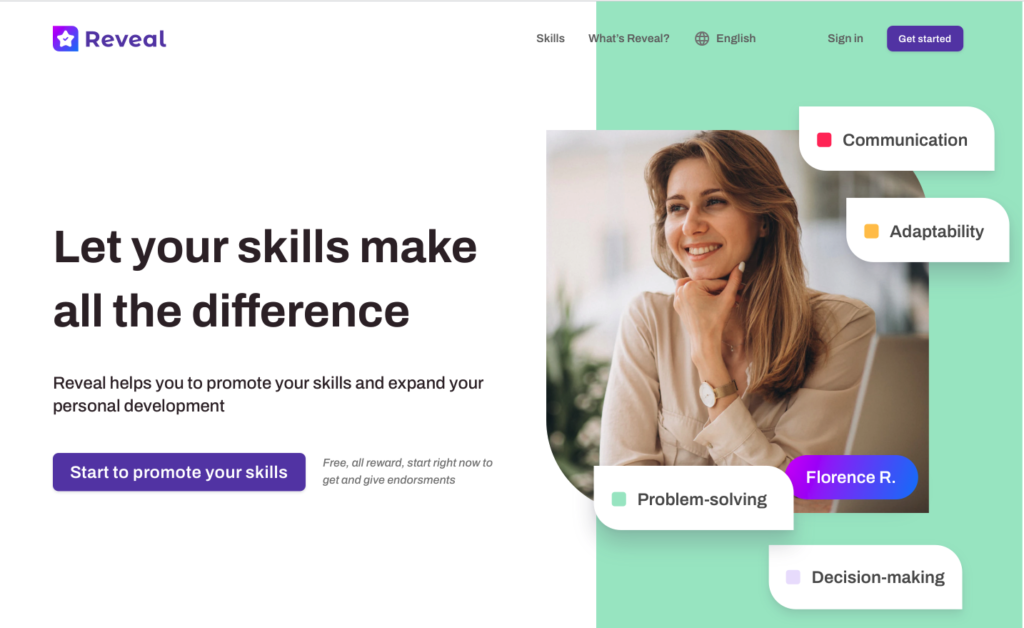
A “Proof of Concept” (PoC) is a practical demonstration or prototype of a concept or idea to assess its feasibility and functionality. It is often used in technology and innovation projects to validate whether a concept can be realized and whether it can perform as intended.
A PoC typically involves building a simplified version of a product, system, or software to test its core functionalities and serves as a preliminary step before full-scale development. It allows stakeholders to evaluate the concept’s viability, identify potential challenges, and make informed decisions about whether to commit extensive resources to its implementation.
What can you do with iREVEAL?
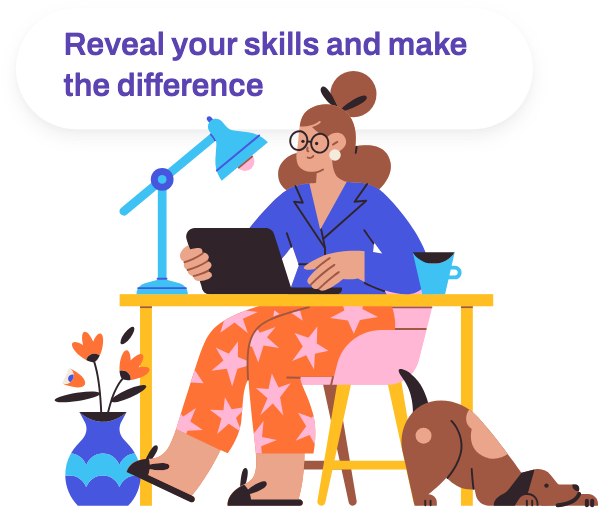
iREVEAL offers a valuable platform for promoting your skills and fostering personal growth. While your hard skills, directly tied to your profession or academic pursuits, may be easily displayed, your soft skills often benefit from external recognition. Through peer approval, your skills can gain the recognition they deserve, translating into real value.
The app operates in two ways:
- Receiving Endorsements: You can invite others to acknowledge your skills.
or
- Giving Endorsements: You have the opportunity to endorse the skills you recognize in others.
iREVEAL empowers you to explore various skills, their applications, and their usage across different regions, and engage with a vibrant REVEAL community for knowledge sharing.
By leveraging iREVEAL, you can bolster your confidence in all your skills and present them in their best light through the creation of a dynamic “skill cloud.” This innovative approach provides a comprehensive view of your skills, enhancing your ability to showcase them effectively.

The skill cloud
Central to iREVEAL’s concept is the “skill cloud,” which is constructed upon the 27 attributes identified in the NS4-SFC project’s shopping list.
These dynamic representations of individuals’ soft skills evolve over time, mirroring the dynamic nature of the skills themselves. It recognizes that individuals excel in some areas, are proficient in others, and may have room for improvement in certain skills, depending on the moment and context.

The skill cloud serves as a tool to overcome the challenge of seeking feedback. Rather than merely soliciting recommendations, individuals can initiate meaningful interactions based on the cloud’s representation.
iREVEAL not only facilitates intelligent recognition of skills but also offers seamless navigation between skills and individuals. Anyone can share their personal skill clouds, leveraging them to claim badges, further enhancing their visibility and credibility.
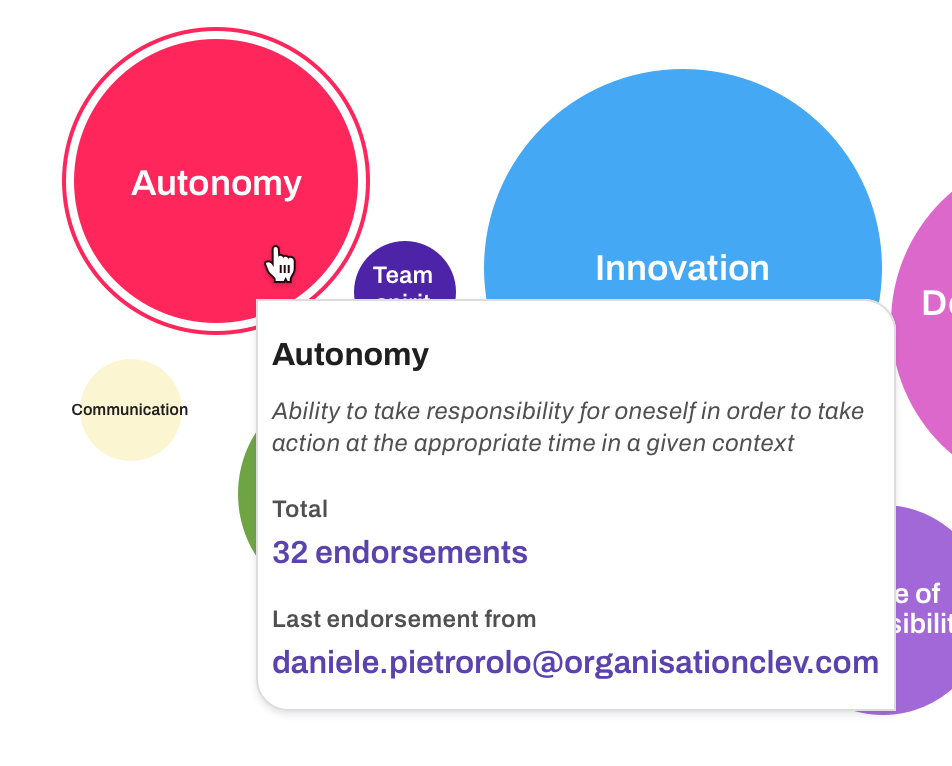
Several individual skills clouds can create collective skills clouds that can be used to find places and communities where people are more engaged with particular skills.
Shaping a more inclusive recognition ecosystem
The REVEAL project is not just about individual recognition but also about fostering a sense of community. Users of the platform iREVEAL can learn about skills, their application, who else possesses these skills, and in which countries they are most prevalent. It provides an opportunity to share knowledge, endorse others, and seek endorsements.
As the REVEAL project concluded in August 2023, its influence on alternative recognition practices continues to shape the education and skills recognition landscape. By embracing digitalization and fostering global cooperation, REVEAL aims to break down barriers, empower individuals, and acknowledge the dynamic nature of recognition. It’s a testament to a more inclusive and equitable recognition system, underscoring that recognition is not just a process but a force for personal and community development.
Let your skills make all the difference
While the project has ended, the iREVEAL platform remains operational. This ensures that anyone can explore the 27 skills used by more than 12,000 people across 21 countries.
Please note that, despite recognizing the prevalence of mobile device usage, the technical limitations of the Proof of Concept (PoC) currently restrict optimal use to desktop devices.
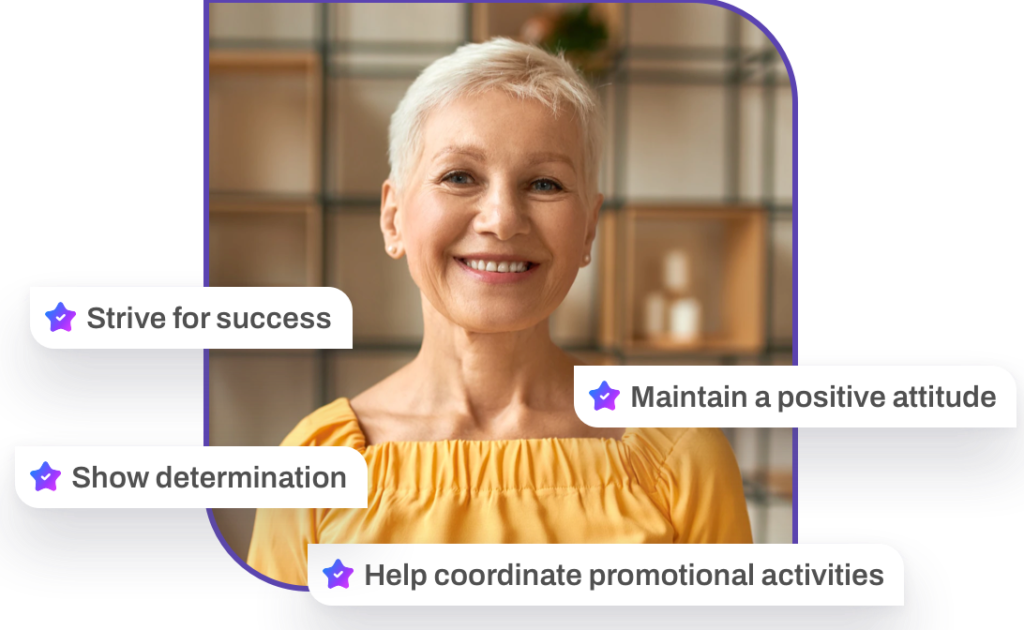
All the Partners
Erasmus+ is the EU’s program supporting education, training, youth, and sports in Europe. It focuses on social inclusion, the green and digital transitions, and youth participation in democracy. It covers various sectors, including higher education, vocational training, school education, adult education, youth, and sports. The program co-founded the project.
Espace Mendès France is a science and culture centre that promotes science and technology through exhibitions, educational programs, cultural events, and science communication. It aims to popularize research and knowledge sharing. They were in charge of the project management and coordination between other partners.
Open Recognition Netherlands is a network organization dedicated to open badges and recognition. It aims to create open recognition of people’s talents and empower individuals to control their data, promoting learning and personal growth. They led the first milestone of the project, modelling LRNs: understanding and analysing the needs.
Cognizone is an IT company specializing in data management, including semantic technologies, linked data, metadata, and controlled vocabularies. It works with industries, the European Commission, and public organizations, with a focus on complex projects and labour market-related studies. We were leading the second milestone of the project, in charge of analysing the local recognition networks’ needs and developing the iREVEAL platform.
AKMI, The Institute of Vocational Training in Greece offers post-secondary education and vocational training. It focuses on promoting multiple intelligences, creativity, and personal development. It has received awards for its social responsibility and support for vulnerable groups. They led the fourth milestone of the project defining the exploitation pack.
RIC Novo Mesto is a leading adult education organization with extensive experience in working with various target groups. It collaborates with local, regional, and national partners and is committed to quality education and guidance services. They led the fifth milestone of the project, authoring recommendations to encourage institutions of further and higher education, public authorities and employers to open their policies to informal recognition practices.
PRISM supports social, cultural, and economic development in its territory. It acts as a development agent, implementing policies and projects for local development, sustainability, and territorial identity. They participated in the testing phase.

